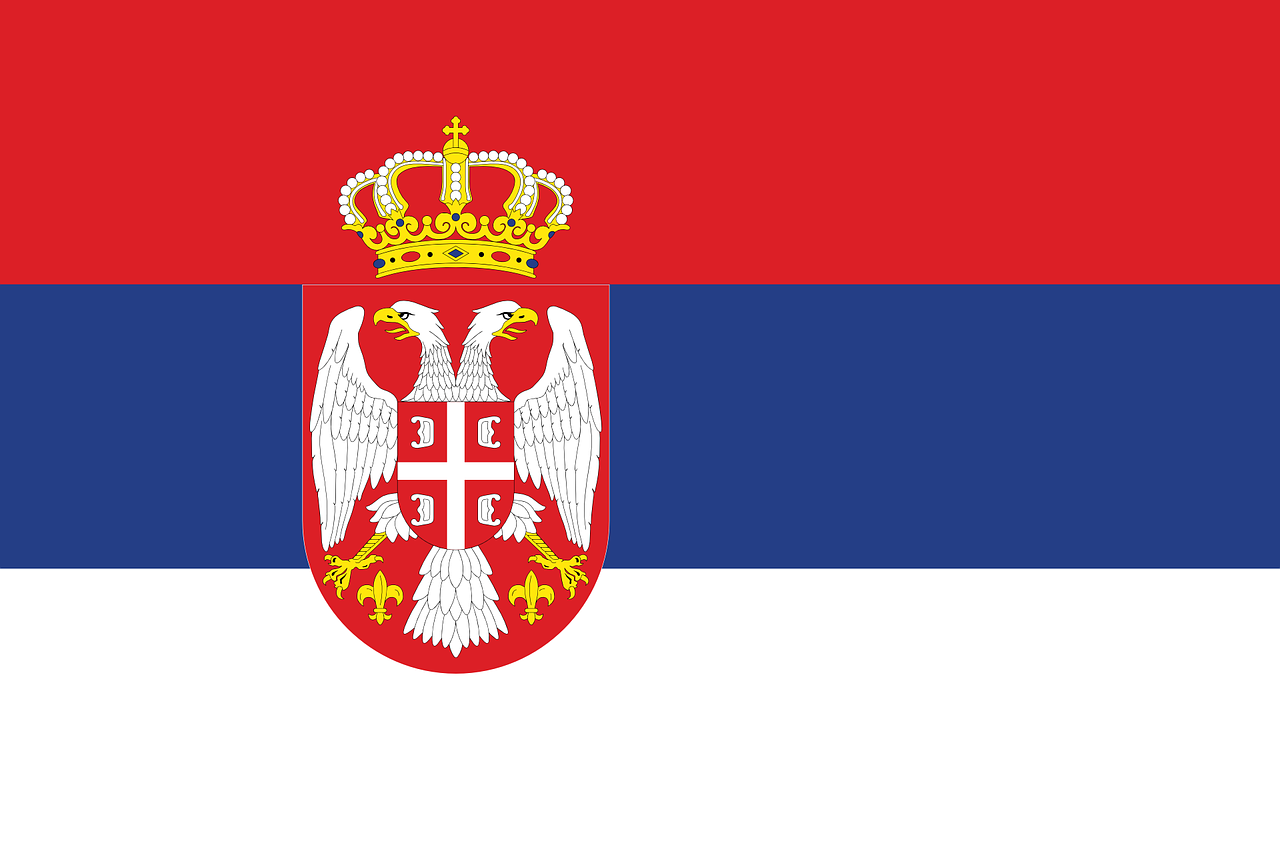
403
Sorry!!
Error! We're sorry, but the page you were looking for doesn't exist.
Serbian president inks document backing Ukraine
(MENAFN) In a significant diplomatic move, Serbian President Aleksandar Vucic has signed a pro-Ukrainian declaration during the Ukraine-South East Europe summit held in Dubrovnik, Croatia. This event, attended by leaders from 15 countries, resulted in a final statement that explicitly condemns Russia's actions as an “unprovoked, unjustifiable and illegal war of aggression against Ukraine.”
Vucic's participation in this summit reflects Serbia's complex position as a traditional ally of Russia while simultaneously seeking European Union (EU) membership. The EU has been pressuring Belgrade to align its foreign policy with that of the bloc, which includes supporting sanctions against Russia—an action the Serbian government has so far resisted. EU officials have indicated that Serbia's refusal to back these sanctions poses a significant hurdle to its accession process.
During a press conference following the summit, Vucic addressed concerns about his signature on the declaration, asserting that he was not trying to "sit on two chairs." He emphasized that participating in the summit was a crucial opportunity to amplify Serbia's voice on the international stage and to influence the final wording of the statement.
Vucic disclosed that he successfully negotiated changes to the draft declaration to make it more palatable for Serbia. He indicated that if his demands were not met, he would not have attended the summit. Four key points related to sanctions and the coordination of national policies with the EU were amended, reflecting his influence in the discussions.
One notable change was the rephrasing of Ukrainian President Vladimir Zelensky’s peace formula, which was initially presented as “the only plan” for resolving the conflict. Instead, the final statement refers to it as “one of the proposed plans.” Additionally, the obligations for signatories to provide military aid to Ukraine and impose sanctions on Russia were also altered, reducing the binding nature of those commitments.
This delicate balancing act highlights Vucic's efforts to navigate Serbia's foreign policy amid competing pressures from both the West and its traditional ally, Russia. As Serbia continues to pursue EU membership, the outcomes of such diplomatic engagements will be pivotal in shaping its geopolitical stance in the region.
Vucic's participation in this summit reflects Serbia's complex position as a traditional ally of Russia while simultaneously seeking European Union (EU) membership. The EU has been pressuring Belgrade to align its foreign policy with that of the bloc, which includes supporting sanctions against Russia—an action the Serbian government has so far resisted. EU officials have indicated that Serbia's refusal to back these sanctions poses a significant hurdle to its accession process.
During a press conference following the summit, Vucic addressed concerns about his signature on the declaration, asserting that he was not trying to "sit on two chairs." He emphasized that participating in the summit was a crucial opportunity to amplify Serbia's voice on the international stage and to influence the final wording of the statement.
Vucic disclosed that he successfully negotiated changes to the draft declaration to make it more palatable for Serbia. He indicated that if his demands were not met, he would not have attended the summit. Four key points related to sanctions and the coordination of national policies with the EU were amended, reflecting his influence in the discussions.
One notable change was the rephrasing of Ukrainian President Vladimir Zelensky’s peace formula, which was initially presented as “the only plan” for resolving the conflict. Instead, the final statement refers to it as “one of the proposed plans.” Additionally, the obligations for signatories to provide military aid to Ukraine and impose sanctions on Russia were also altered, reducing the binding nature of those commitments.
This delicate balancing act highlights Vucic's efforts to navigate Serbia's foreign policy amid competing pressures from both the West and its traditional ally, Russia. As Serbia continues to pursue EU membership, the outcomes of such diplomatic engagements will be pivotal in shaping its geopolitical stance in the region.

Legal Disclaimer:
MENAFN provides the
information “as is” without warranty of any kind. We do not accept
any responsibility or liability for the accuracy, content, images,
videos, licenses, completeness, legality, or reliability of the information
contained in this article. If you have any complaints or copyright
issues related to this article, kindly contact the provider above.
















Comments
No comment